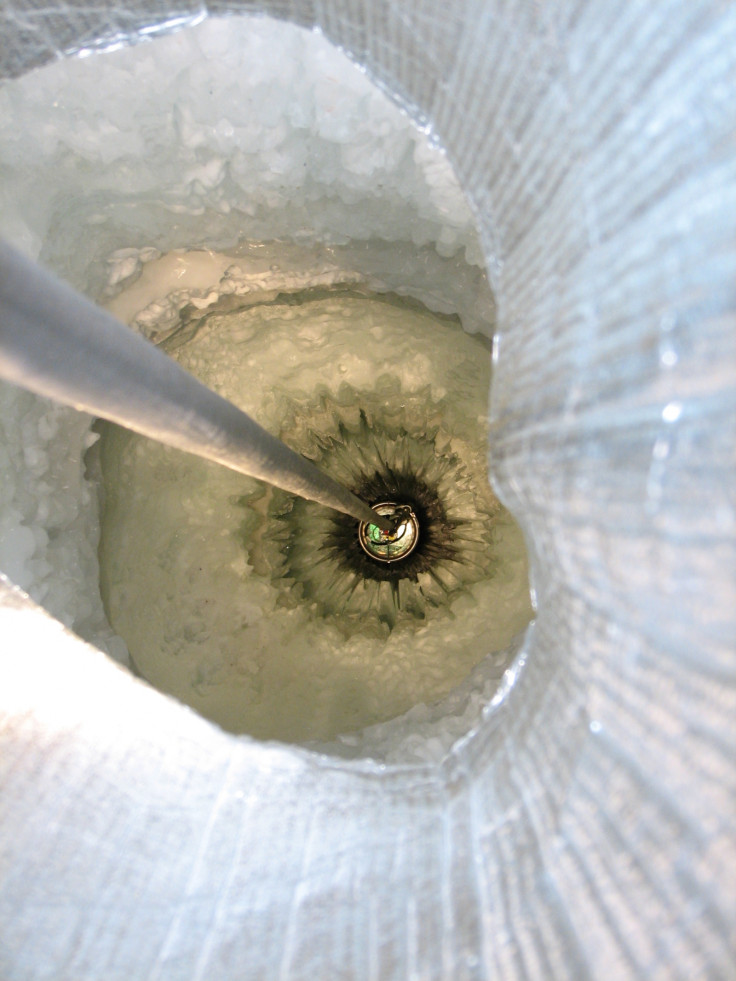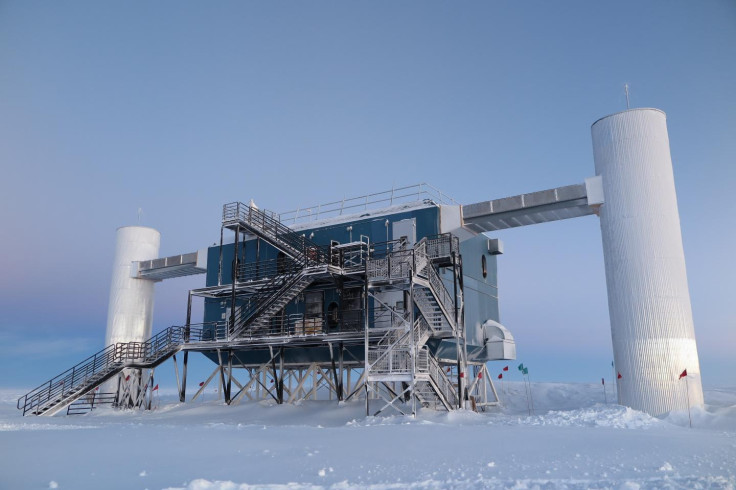No sign of sterile neutrino 'ghost particle' that could shed light on dark matter
Scientists almost certain fourth neutrino does not exist following extensive search in South Pole.
Scientists are almost certain a hypothetical particle that would shed light on dark matter does not exist. Experiments have hinted at the existence of the sterile neutrino, or ghost particle, for over 20 years, but evidence has remained elusive. Analysis of over 100,000 neutrino events has failed to find the particle – a finding that scientists say makes them 99% sure there is no such thing.
There are three known types of neutrino – muon, electron and tau. All are subatomic particles and have almost no mass, rarely interacting with matter. For this reason, they are known as ghost particles. Trillions of neutrinos will pass through your body every few seconds.
The proposed sterile neutrino was thought not to interact with matter at all, except perhaps gravity. Its existence would have caused problems for the Standard Model (at present, our best explanation for how the basic building blocks of matter interact), as this says there can be only three types of neutrino.
Francis Halzen, from the University of Wisconsin-Madison, said: "If you throw in a fourth neutrino, it changes everything. Sterile means it doesn't interact with matter itself, although it can dramatically interfere with the way conventional neutrinos do."

The only way to detect sterile neutrinos is to watch them turning into one of the other types. Scientists, including Halzen, looked for these transformations at the IceCube Neutrino Observatory in the South Pole.
Because neutrinos pass through Earth, the IceCube detector was able to look at them as they made their way from the upper atmosphere in the Northern Hemisphere through the planet. After analysing 100,000 events, they found no evidence of the distinctive signature a sterile neutrino would produce.
Their findings are published in Physical Review Letters. They conclude they are 99% sure sterile neutrinos do not exist. While upholding the Standard Model, the lack of discovery means scientists remain none the wiser on the origin dark matter, the material that makes up about 27% of the universe. Researchers now plan to carry out further experiments to fully rule out the existence of the sterile neutrino.

© Copyright IBTimes 2025. All rights reserved.






















